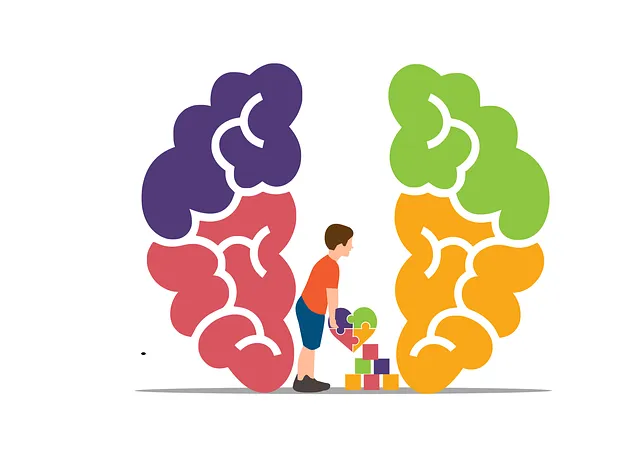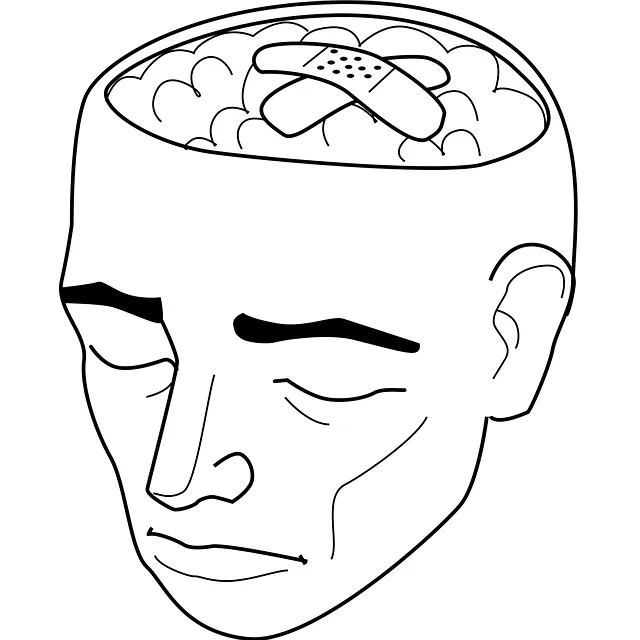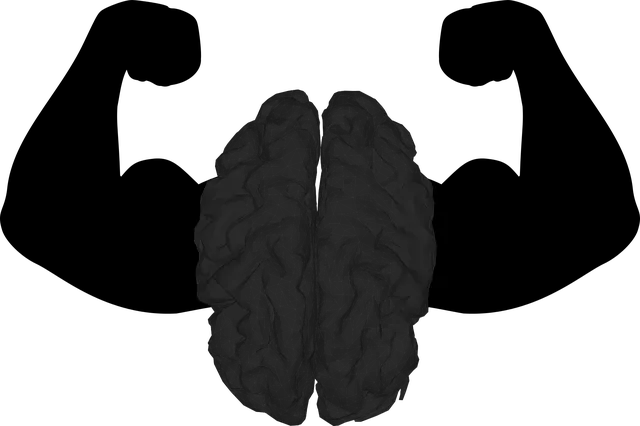The Lakewood Kaiser Permanente psychiatry reviews reveal a critical issue in mental health care: incorrect diagnoses causing delayed or unsuitable treatments. This problem is addressed through innovative strategies like remote assessments, educational podcasts, and risk management planning for healthcare providers. Additionally, the hospital promotes emotional intelligence by implementing comprehensive training, collaboration among specialists, and integrating wellness practices into treatment plans. These measures significantly enhance diagnostic accuracy and patient outcomes as shown in their reviews, prioritizing a supportive ecosystem for both patients and mental health professionals at Lakewood Kaiser Permanente.
Mental illness diagnosis accuracy is paramount for effective treatment. However, misdiagnoses are prevalent, as evidenced by studies including Lakewood Kaiser Permanente psychiatry reviews. This article delves into three key areas aimed at improving diagnostic precision: understanding the profound impact of inaccurate diagnoses through the Lakewood Kaiser Permanente experience, exploring innovative strategies and tools to enhance diagnosis techniques, and fostering a supportive ecosystem through training, collaboration, and patient-centric care.
- Understanding the Impact of Inaccurate Diagnoses: The Lakewood Kaiser Permanente Experience
- Enhancing Diagnosis Techniques: Innovative Strategies and Tools
- Building a Supportive Ecosystem: Training, Collaboration, and Patient-Centric Care
Understanding the Impact of Inaccurate Diagnoses: The Lakewood Kaiser Permanente Experience

Inaccurate mental illness diagnoses can have profound effects on patients’ lives, leading to misled treatment plans and prolonged suffering. The Lakewood Kaiser Permanente psychiatry reviews highlight a critical issue within the healthcare system. Many patients report experiences where their symptoms were either overlooked or incorrectly interpreted, resulting in delayed or inappropriate treatments. This is particularly concerning given the complex nature of mental health conditions, which often require precise diagnoses for effective management.
The Lakewood Kaiser Permanente case studies reveal that emotional intelligence among healthcare providers plays a pivotal role in accurate diagnosis. Burnout prevention strategies for these professionals are essential to maintaining focus and keen observation skills. By prioritizing well-being and implementing anxiety relief techniques, healthcare providers can enhance their ability to perceive subtle cues from patients, thereby improving diagnostic accuracy.
Enhancing Diagnosis Techniques: Innovative Strategies and Tools

Mental illness diagnosis accuracy has been a topic of great interest and improvement within the healthcare industry, including institutions like Lakewood Kaiser Permanente, as evidenced in their psychiatry reviews. Innovative strategies and tools are now being embraced to enhance diagnostic techniques. For instance, digital health platforms offer remote assessments, leveraging advanced algorithms to analyze patient data, such as mood tracking apps that can provide valuable insights for mental wellness professionals.
Additionally, the Mental Wellness Podcast Series Production plays a significant role in educating both patients and healthcare providers about various mental health conditions. This medium facilitates open conversations, promoting better understanding and accurate diagnoses. Furthermore, integrating Risk Management Planning for Mental Health Professionals ensures evidence-based practices while implementing Stress Reduction Methods to mitigate potential burnout, thereby improving overall diagnostic accuracy and patient care.
Building a Supportive Ecosystem: Training, Collaboration, and Patient-Centric Care

Building a supportive ecosystem is vital for enhancing mental illness diagnosis accuracy. At Lakewood Kaiser Permanente, psychiatry reviews highlight the importance of comprehensive training for healthcare professionals. This includes staying updated on the latest research and treatment modalities to ensure accurate assessments and effective interventions. Collaboration among specialists, including psychiatrists, psychologists, and social workers, fosters a holistic understanding of patient needs. By integrating Mindfulness Meditation and Coping Skills Development into treatment plans, healthcare providers empower individuals to manage their mental health proactively. Furthermore, focusing on Self-Esteem Improvement helps patients build resilience and confidence in navigating their journeys. This collaborative approach, centered around patient-centric care, ultimately contributes to more precise diagnoses and improved outcomes.
Mental illness diagnosis accuracy is paramount for effective treatment. As evidenced by the Lakewood Kaiser Permanente psychiatry reviews, inaccurate diagnoses can have profound impacts on patient outcomes. By leveraging innovative strategies and tools, such as advanced assessment techniques and collaborative care models, we can significantly enhance diagnostic accuracy. Training healthcare professionals to recognize subtle symptoms and fostering a supportive ecosystem that prioritizes patient-centric care are crucial steps toward ensuring more precise and timely mental health diagnoses, ultimately improving patient lives.






